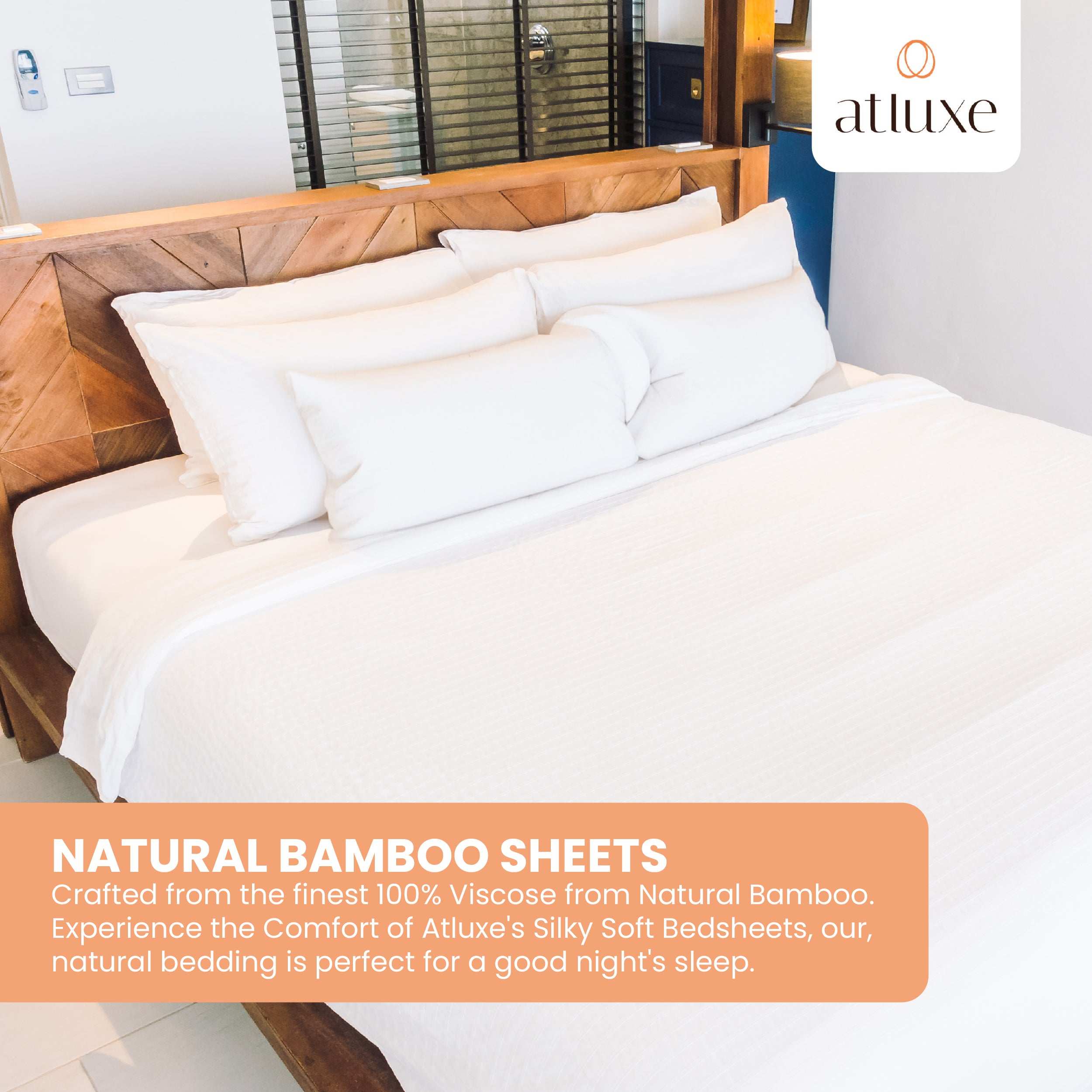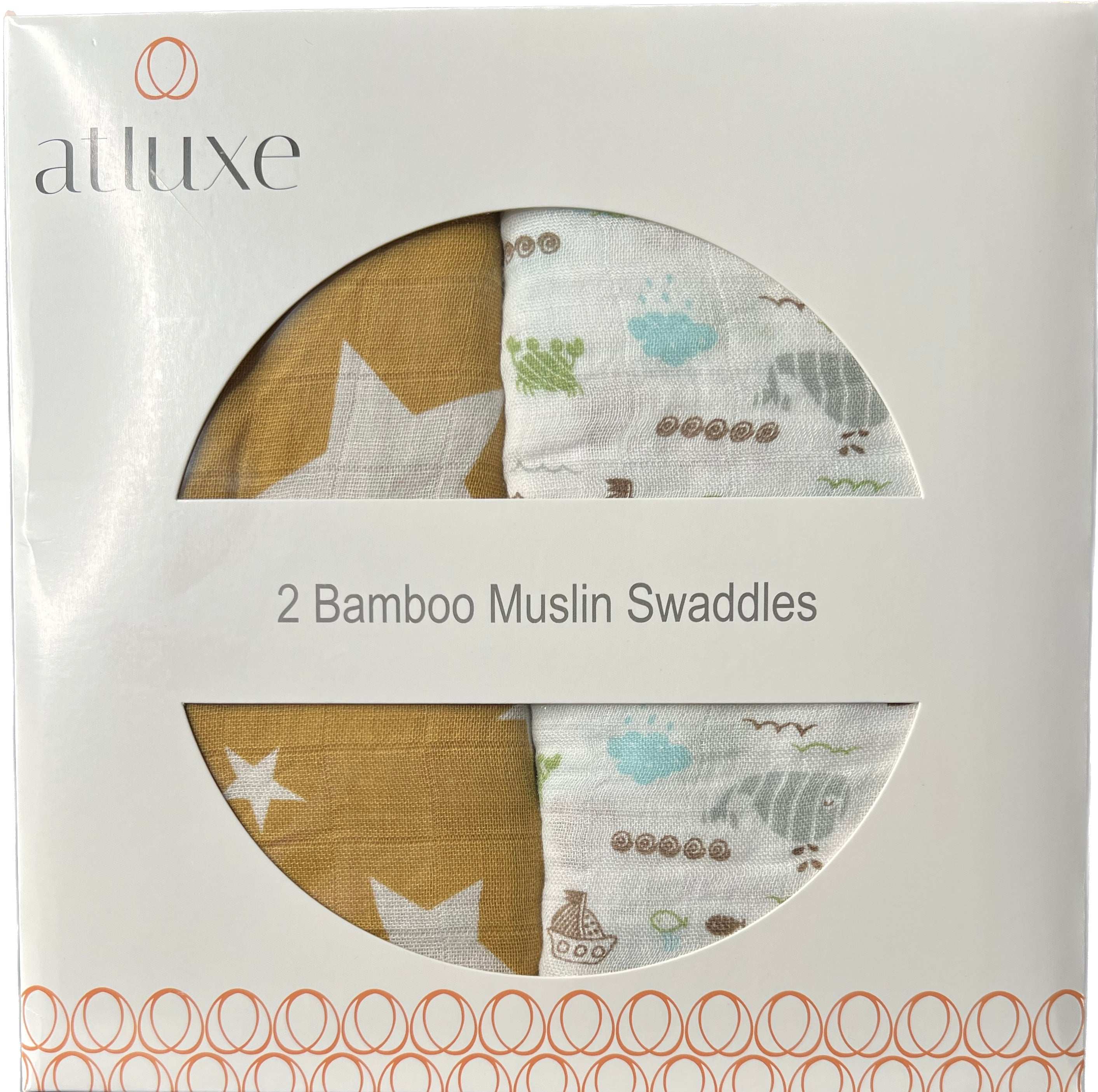Sustainable comforters are not just a trend; they are a movement towards better living and a healthier planet. People are increasingly becoming aware of their environmental impact, and the bedding they choose plays a significant role in that. In this blog, we’ll explore how sustainable comforters can positively affect the environment and contribute to a more sustainable future.
What Makes a Comforter Sustainable?
A sustainable comforter is designed with both the environment and the user in mind. These comforters are typically made from natural, organic materials that are biodegradable. For instance, cotton grown without harmful pesticides not only benefits the soil but also reduces the chemical load on our planet. This commitment to using eco-friendly fabrics is a distinguishing factor between sustainable and conventional comforters.
Moreover, the production processes of sustainable comforters often prioritize ethical labor practices and reduce energy consumption. By investing in comforters that adhere to these principles, consumers support a positive impact on both the environment and the workforce involved in their creation.
Lastly, consideration for the end of the comforter’s life is a key characteristic that marks a truly sustainable product. Unlike traditional comforters, which may end up in landfills, sustainable options are designed with recycling and composting in mind, ensuring a minimal ecological footprint long after their intended use.
Reduction of Harmful Chemicals
One of the major benefits of sustainable comforters is their reduced use of harmful chemicals. Traditional bedding materials often undergo treatments with various substances that can be toxic, not just to the environment but also to our health. Sustainable comforters, in contrast, are typically made from organic materials that avoid these harmful processes.
By opting for a sustainable comforter, individuals can help eliminate the release of volatile organic compounds (VOCs) into the air, which can exacerbate indoor air pollution. This not only leads to healthier living spaces but also lessens the overall chemical load on the planet.
Additionally, many sustainable brands are committed to using dyes and finishes that are free from harmful substances. This ensures that when you sleep at night, you are enveloped in materials that are gentle on your skin and on the earth. Ultimately, this shift represents a crucial step toward healthier lifestyles and a diminished environmental impact.
Usage of Recycled Materials
Sustainable comforters frequently incorporate recycled materials, which plays a pivotal role in reducing waste. By using fibers derived from recycled plastics or textiles, manufacturers can repurpose materials that would otherwise contribute to landfill overflow.
This approach not only conserves natural resources but also fosters a circular economy, where products are designed with their entire life cycle in mind. Choosing comforters made from recycled materials not only helps lessen environmental burden but also encourages the industry to adopt sustainable practices.
Furthermore, the innovative use of recycled components can lead to comforters that are durable and high-quality. Many consumers are surprised to learn that recycled comforters can perform just as well, if not better, than their traditional counterparts. This reinforces the message that sustainability doesn’t compromise on comfort.
Conserving Natural Resources
The production of conventional bedding often requires substantial amounts of water and energy, leading to overexploitation of natural resources. Sustainable comforters are designed with this concern in mind, often involving processes that use significantly less water and energy during production.
Additionally, many sustainable brands harness renewable energy sources in their manufacturing processes, which further mitigates environmental impact. This conscientious approach aids in preserving precious natural resources and provides a more sustainable alternative for everyday consumers.
Moreover, choosing a sustainable comforter contributes to a larger movement of resource conservation. When consumers prioritize eco-friendly options, they send a strong message to manufacturers about the importance of sustainable practices, steering the industry towards responsible resource management on a larger scale.
Minimizing Waste in the Bedding Industry
Sustainable comforters are a key player in minimizing waste within the bedding industry. Conventional manufacturing methods often lead to excessive waste due to flawed production processes and short product lifespans. Sustainable brands aim to change that narrative.
By utilizing innovative designs and efficient production methods, eco-friendly bedding solutions can reduce cut waste significantly. Additionally, many brands have adopted take-back programs where old comforters can be returned for recycling, further contributing to waste reduction.
This focus on minimizing waste is crucial for creating a more sustainable future. As the industry continues to evolve and embrace more responsible practices, consumers will play a vital role by choosing products that support this shift. Opting for sustainable comforters not only meets personal comfort needs but also champions a more sustainable industry movement.
The Impact of Your Bedding Choices
Choosing sustainable comforters is a simple yet impactful step individuals can take towards environmental conservation. These eco-friendly alternatives not only reduce waste and limit harmful chemicals but also promote better resource management. By making more conscious choices in bedding, we can ensure a healthier planet for future generations.







Leave a comment